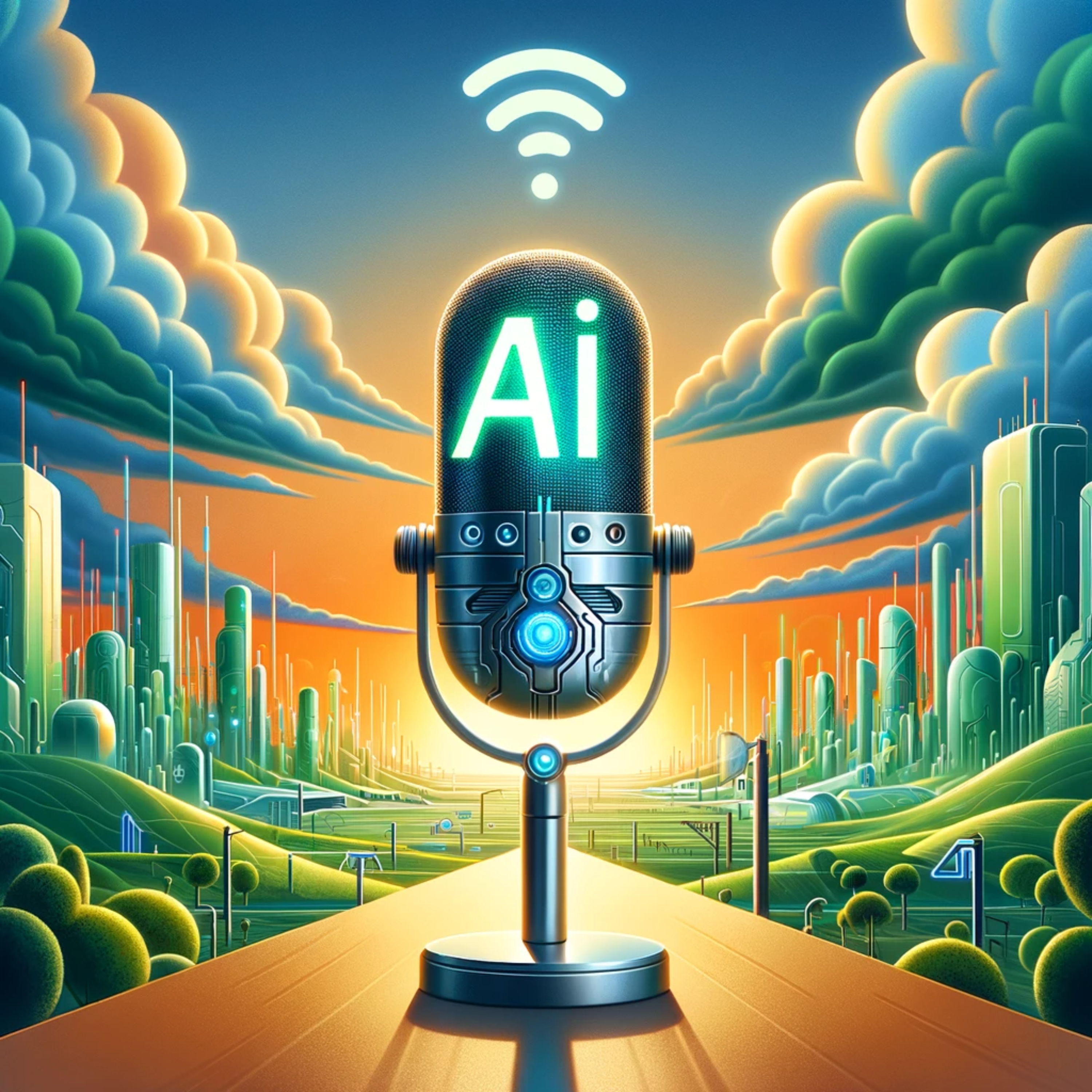

The AI Longread
David Hague
A daily podcast with a mission to find interesting and thought-provoking pieces on artificial intelligence and bring them to you in audio form every day of the week
Episodes
Mentioned books

Aug 6, 2025 • 23min
The Philosophy of AI by John Willis
Willis' article invites us to reconsider our relationship with artificial intelligence and challenges the notion that human intelligence is the ultimate standard.https://www.linkedin.com/pulse/epilogue-philosophy-ai-john-willis-ha0ge/

Aug 5, 2025 • 5min
Personal Superintelligence by Mark Zuckerberg
Personal superintelligence is coming—will it empower people or replace them?Zuckerberg argues that superintelligence is within sight and should empower individuals—AI that knows your goals, lives in context-aware devices like glasses, and helps you create and connect. He contrasts this with a centralized push to automate all work, saying the coming decade will decide which path wins. He acknowledges safety and openness tensions, pledging rigor while aiming to share the benefits broadly.Listen now, or read the article at https://www.meta.com/superintelligence

Aug 4, 2025 • 17min
Using AI Right Now: A Quick Guide by Ethan Mollick
Ethan Mollick's article simplifies the complex landscape of AI tools, recommending three primary systems—Claude, Google’s Gemini, and OpenAI’s ChatGPT—for MOST users. He emphasizes the importance of understanding these tools' features and provides practical advice on selecting the right model, utilizing voice mode, and leveraging Deep Research capabilities to enhance productivity.

Jul 31, 2025 • 15min
Against "Brain Damage" by Ethan Mollick
The discussion dives into the cognitive effects of AI, weighing both fears and benefits. It highlights how wise usage can enhance learning rather than hinder it. There's a cautionary take on creativity, emphasizing the need for original thought before relying on AI. The balance between AI assistance and personal creativity is crucial, showcasing how technology can aid teamwork when integrated mindfully. Ultimately, fostering active engagement with AI is essential for a more thoughtful and innovative future.

Apr 28, 2024 • 14min
Most work is new work, does technology help or hurt employment?
In this episode, I read a two-part article series: "Most work is new work, long-term study of U.S. census data shows" and “Does technology help or hurt employment?” by Peter Dizikes
Link to the original articles:
https://news.mit.edu/2024/most-work-is-new-work-us-census-data-shows-0401
https://news.mit.edu/2024/does-technology-help-or-hurt-employment-0401

Apr 27, 2024 • 12min
Co-Intelligence - Centaurs and Cyborgs
In this episode, I read select parts from the newly released book Co-Intelligence by professor Ethan Mollick.
Check out the book on Amazon: https://www.amazon.com/Co-Intelligence-Living-Working-Ethan-Mollick/dp/059371671X

Apr 26, 2024 • 8min
You can't build a moat with AI
In this episode, I read "You can't build a moat with AI" by Vikram Sreekanti and Joseph E. Gonzalez. Link to the original article: https://generatingconversation.substack.com/p/you-cant-build-a-moat-with-ai
Sam Altman “Two strategies” conversation on 20VC: https://www.youtube.com/watch?v=G8T1O81W96Y&t=0s
Same Altman “GPT4 kind of sucks” conversation with Lex Fridman: https://www.youtube.com/watch?v=jvqFAi7vkBc

Apr 25, 2024 • 13min
As Use of A.I. Soars, So Does the Energy and Water It Requires
Author David Berreby discusses the environmental impact of AI technology on energy and water consumption. The podcast delves into the necessity of standards and transparency in measuring AI's environmental footprint, the potential for AI to reduce CO2 emissions, and the escalating water demands of AI-powered data centers.

Apr 24, 2024 • 11min
The Knowledge Economy Is Over. Welcome to the Allocation Economy
Exploring the shift to an allocation economy with AI in the workforce, discussing the impact of language models on job roles and labor dynamics. Delving into the evolving role of programmers and managers in managing AI agents and models.

Apr 23, 2024 • 10min
Democratizing Education Technology Through Prompting
Professor Ethan Mollick, an expert in democratizing educational technology, discusses how prompts enable non-technical experts to leverage large language models for innovation. He explores the use of AI prompts in education for research-based exercises, customization, and knowledge sharing. The evolution of AI prompts towards autonomous prompting based on user objectives is highlighted, emphasizing the importance of collaboration with AI tools to foster innovation and equitable engagement in education.


